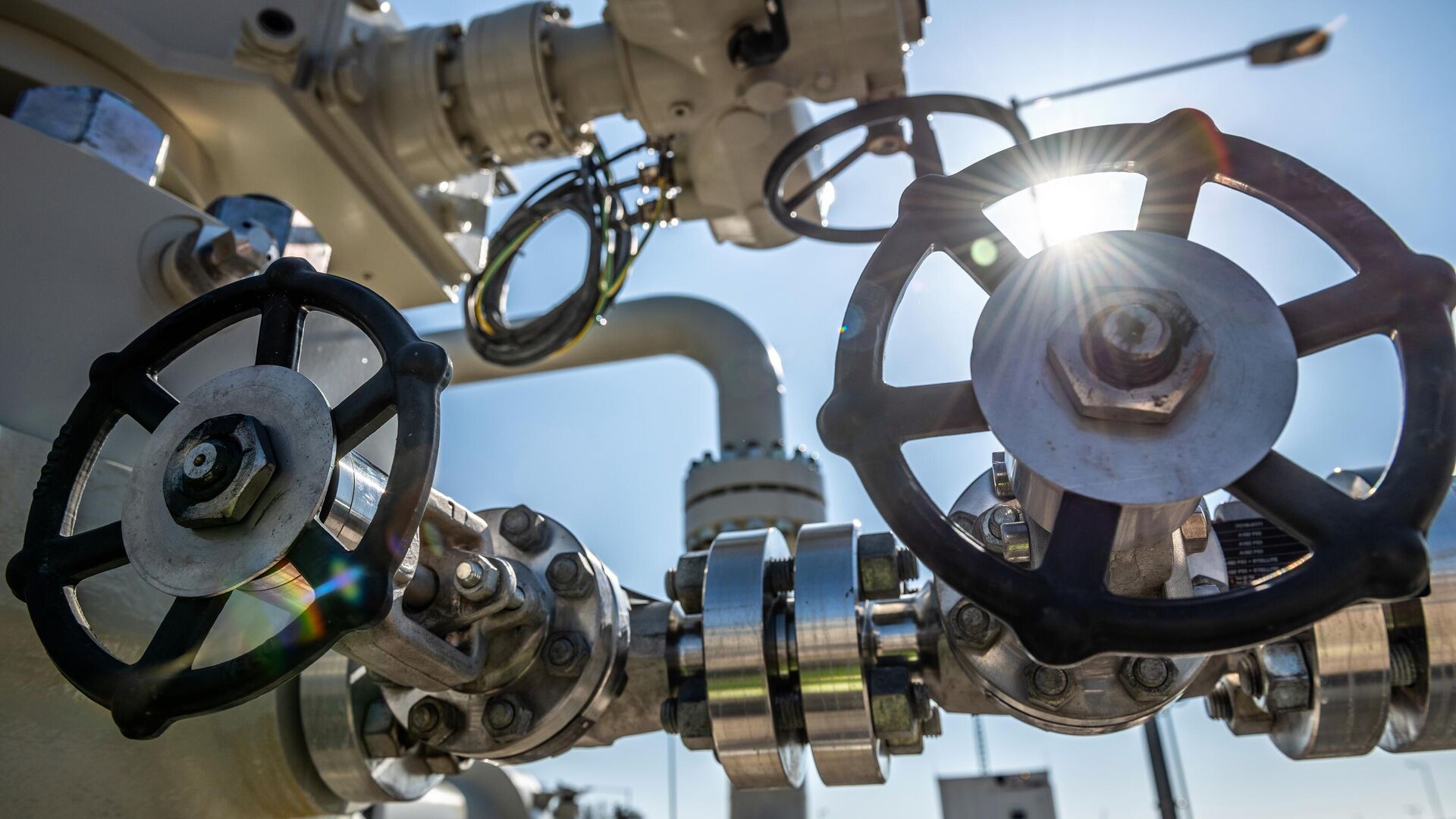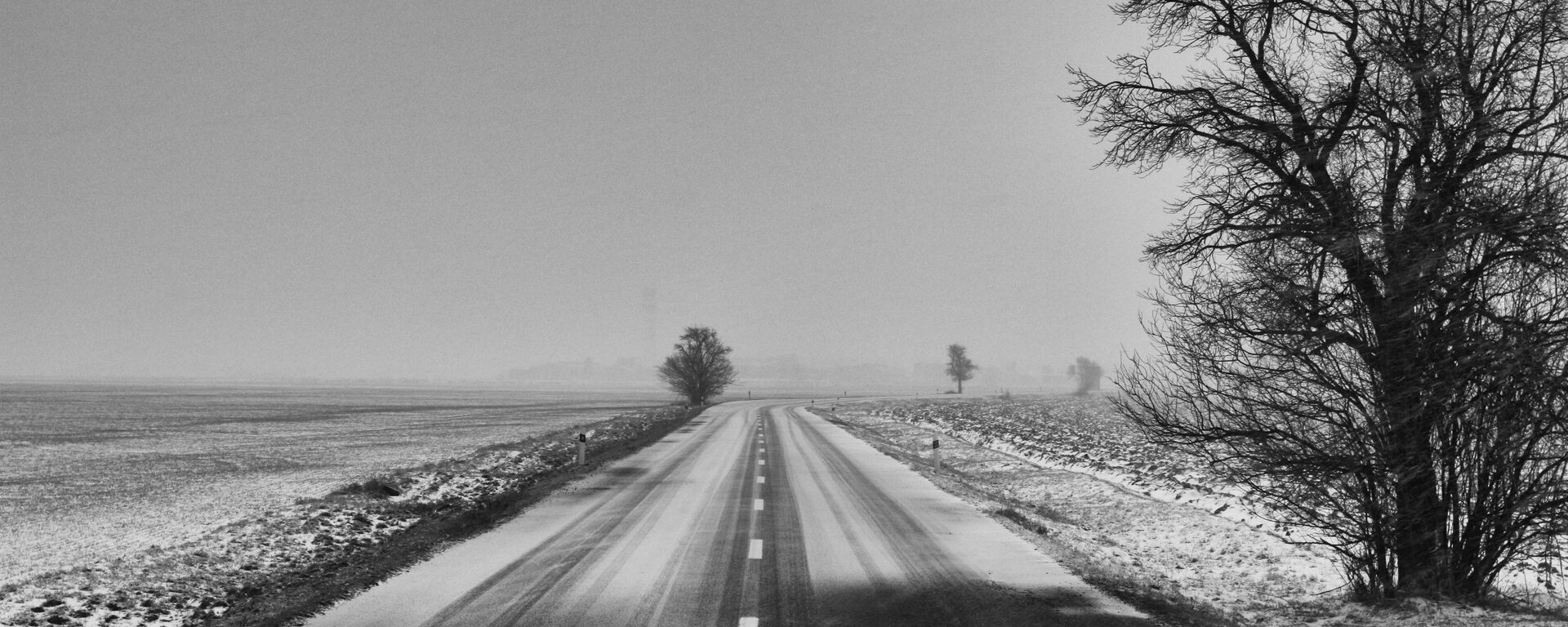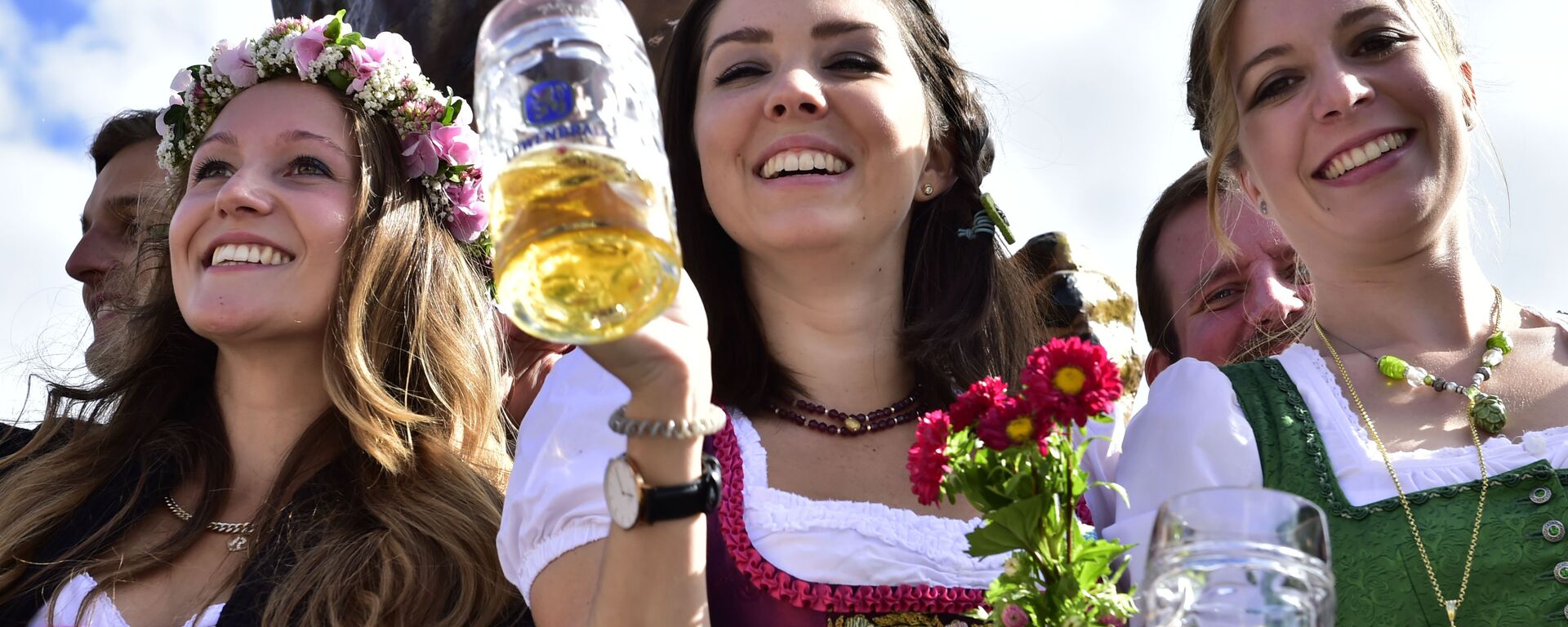https://sputnikglobe.com/20220812/explosive-mood-germany-expects-winter-of-fury-amid-energy-crisis-and-soaring-inflation-1099510083.html
'Explosive Mood': Germany Expects 'Winter of Fury' Amid Energy Crisis and Soaring Inflation
'Explosive Mood': Germany Expects 'Winter of Fury' Amid Energy Crisis and Soaring Inflation
Sputnik International
Chancellor Olaf Scholz has pledged to ramp up measures to alleviate soaring inflation and the energy crisis in the country, and expressed his confidence that... 12.08.2022, Sputnik International
2022-08-12T10:49+0000
2022-08-12T10:49+0000
2022-08-12T10:49+0000
energy crisis in europe
europe
germany
https://cdn1.img.sputnikglobe.com/img/07e5/0c/13/1091652164_0:160:3073:1888_1920x0_80_0_0_ee19c681e88b75776e962fc41d61aeda.jpg
Germany is facing a so-called "winter of fury" over looming "violent" protests against the background of the coronavirus pandemic, the Ukraine crisis, economic woes, and the energy crisis, Stephan Kramer, President of the Thuringian Office for the Protection of the Constitution, told German broadcaster ZDF.Kramer expects there will be "legitimate protests" against the situation that "threatens our existence in the fall," namely "gas shortages, energy difficulties, supply issues, possibly recession, unemployment, but also growing poverty right down to the middle class."When asked to elaborate on how the protest movement could develop, he said it would be difficult to make a prediction, however, "the experiences of the last few months show that resilience is decreasing and aggressiveness is increasing, even to the point of calls for violence among parts of the populations.""So we have to be prepared for the fact that such a highly emotional and existential crisis situation will affect large parts of the population," he added."You remember that the food bank founder [Sabine] Werth from Berlin recently said that they see more and more people in the food banks, including those from the middle class, who are now trying to get groceries here as customers because they couldn’t get the supply any other way... This is an additional alarm signal when even the so-called middle class find themselves in existential difficulties and feel threatened," Kramer explained.According to him, the Thuringian Office for the Protection of the Constitution is taking every precaution in order to ensure law and order at all times.He also suggested thinking "carefully about which protests and demonstrations to join, or, better yet, stay away from in order not to support the enemies of democracy." He went on to say that amid the pandemic and the latest events on the international arena, Germany has been dealing with "a highly emotional, aggressive, pessimistic mood among the population, whose trust in the state, its institutions and political actors is at least in some parts afflicted with massive doubts."What's Going on in Germany?On Thursday, German Chancellor Olaf Scholz insisted that he did not expect any protests in the country amid a crushing energy crisis, saying that the support measures devised by the government would bring results. He pledged to introduce further measures in order to shield Germans from soaring inflation and energy woes, after unveiling a 30-billion-euro package earlier this year to help the population beat inflation, including a fuel tax cut and a cheaper public transport ticket for the summer.The statements were made as inflation in Germany reached 7.5 percent in July, as energy prices are expected to skyrocket in the lead-up to winter. The German government has taken measures to fill gas storage facilities ahead of winter, and in order to reduce gas consumption, the government gave a greenlight to hard coal-fired power plants to operate again as part of efforts to reduce the nation's dependence on Russian natural gas.Adding insult to the injury, the chairman of the federal food bank umbrella organization Tafel Deutschland, Jochen Brühl, warned last month that the food banks would soon no longer be able to cope with the flow of people, as the number of customers has reached a record high.According to Brühl, over 2 million people affected by poverty turn to free food services.
https://sputnikglobe.com/20220713/winter-is-coming-eu-will-pay-the-price-for-sanctioning-russia-romanian-deputy-pm-says-1097288812.html
https://sputnikglobe.com/20220729/oktoberfest-bavarian-beer-factories-on-the-chopping-block-amid-germanys-brewing-energy-crisis-1097935304.html
germany
Sputnik International
feedback@sputniknews.com
+74956456601
MIA „Rosiya Segodnya“
2022
Sputnik International
feedback@sputniknews.com
+74956456601
MIA „Rosiya Segodnya“
News
en_EN
Sputnik International
feedback@sputniknews.com
+74956456601
MIA „Rosiya Segodnya“
Sputnik International
feedback@sputniknews.com
+74956456601
MIA „Rosiya Segodnya“
europe, germany
'Explosive Mood': Germany Expects 'Winter of Fury' Amid Energy Crisis and Soaring Inflation
Chancellor Olaf Scholz has pledged to ramp up measures to alleviate soaring inflation and the energy crisis in the country, and expressed his confidence that Germany will see no protests this upcoming winter - the first without Russian energy supplies.
Germany is facing a so-called "winter of fury" over looming "violent" protests against the background of the coronavirus pandemic, the Ukraine crisis, economic woes, and the energy crisis, Stephan Kramer, President of the Thuringian Office for the Protection of the Constitution, told
German broadcaster ZDF.
“Both the conflict in Ukraine and the economic existential fear associated with the energy crisis, and the general dissatisfaction with everything and everyone are playing an increasingly important role. And last but not least, the hot autumn. My colleague Müller from Brandenburg aptly spoke of a so-called 'winter of fury' that people are hoping for. This is exactly what we are registering and seeing now," Kramer said.
Kramer expects there will be "legitimate protests" against the situation that "threatens our existence in the fall," namely "gas shortages, energy difficulties, supply issues, possibly recession, unemployment, but also growing poverty right down to the middle class."
When asked to elaborate on how the protest movement could develop, he said it would be difficult to make a prediction, however, "the experiences of the last few months show that resilience is decreasing and aggressiveness is increasing, even to the point of calls for violence among parts of the populations."
"So we have to be prepared for the fact that such a highly emotional and existential crisis situation will affect large parts of the population," he added.
"You remember that the food bank founder [Sabine] Werth from Berlin recently said that they see more and more people in the food banks, including those from the middle class, who are now trying to get groceries here as customers because they couldn’t get the supply any other way... This is an additional alarm signal when even the so-called middle class find themselves in existential difficulties and feel threatened," Kramer explained.
According to him, the Thuringian Office for the Protection of the Constitution is taking every precaution in order to ensure law and order at all times.
He also suggested thinking "carefully about which protests and demonstrations to join, or, better yet, stay away from in order not to support the enemies of democracy."
"It is important to prevent extremists from infiltrating and exploiting a legitimate protest concern, so that peaceful citizens do not end up finding themselves in violent clashes against the police and the state," Kramer urged.
He went on to say that amid the pandemic and the latest events on the international arena, Germany has been dealing with "a highly emotional, aggressive, pessimistic mood among the population, whose trust in the state, its institutions and political actors is at least in some parts afflicted with massive doubts."
"This is a highly emotional and explosive mood that could easily escalate."
What's Going on in Germany?
On Thursday, German Chancellor Olaf Scholz insisted that he did not expect any protests in the country amid a crushing energy crisis, saying that the support measures devised by the government would bring results. He pledged to introduce further measures in order to shield Germans from soaring inflation and energy woes, after unveiling a 30-billion-euro package earlier this year to help the population beat inflation, including a fuel tax cut and a cheaper public transport ticket for the summer.
The statements were made as inflation in Germany reached 7.5 percent in July, as energy prices are expected to skyrocket in the lead-up to winter. The German government has taken measures to fill gas storage facilities ahead of winter, and in order to reduce gas consumption, the government gave a greenlight to hard coal-fired power plants to operate again as part of efforts to reduce the nation's dependence on Russian natural gas.
Adding insult to the injury, the chairman of the federal food bank umbrella organization Tafel Deutschland, Jochen Brühl, warned last month that the food banks would soon no longer be able to cope with the flow of people, as the number of customers has reached a record high.
According to Brühl, over 2 million people affected by poverty turn to free food services.
“The food banks are at their limit and report to us that many people are coming to them who have previously managed to make ends meet and need help for the first time,” Brühl said.






